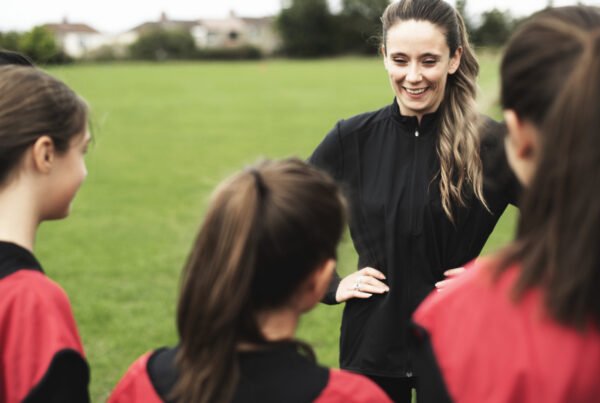Abstract
This study examines the link between involvement in sport at school, psychological wellbeing, mental toughness, and academic performance. The research provides further evidence that physical activity has a wide range of positive impacts on psychological factors, including on wellbeing and mental toughness. It also seeks to answer the question of whether there is a positive association between sport participation and academic achievement.
Methodology
The study involved 1482 student participants from year 11, taken from 19 independent schools. 60% of the participants were male, 33% were female, and 7% preferred not to say. Academic achievement was measured by average GCSE performance (points allocated for each grade/number of GCSEs) and MidYIS. An 18-item questionnaire was used to measure mental toughness (MTQ18). Psychological wellbeing was measured using five questions revolving around life satisfaction. Sport participation was measured by number of hours involved per week and featured a wide range of sports, the most dominant activities being football, badminton, cricket, gym, hockey, netball, rugby, and tennis.
Key Findings
The study did not reveal any direct link between sport participation and academic performance, however there may be an indirect link via wellbeing and mental toughness. Significant relationships were found between sport involvement and both mental toughness and wellbeing. Sport involvement explained 7% of students’ mental toughness scores and 6% of wellbeing scores. There was also a positive association between academic performance and both wellbeing and mental toughness. The lowest performing group had an average wellbeing score of 19.3 and a mental toughness score of 59.7, compared to the highest performing group of 20.3 and 62.2 respectively. The most vulnerable groups include ‘the squeezed middle’ – students in the low to middle academic performance groups whose potential is most threatened by lower wellbeing and mental toughness – and females who on average have lower levels of wellbeing, mental toughness, lower academic performance indicators and participated less in sports. Whilst the data did not show a direct link between sport involvement and academic performance, the majority of students believed that sport involvement positively impacted on their school work.
Interpretation
Whilst the study does not provide concrete evidence of a positive relationship between sport involvement and academic performance, it highlights the complex and interrelated relationship between these variables and psychological factors. Mental toughness is a particularly interesting measurement because it is not often clearly defined or explored in the context of children and sport participation. Mental toughness can enable individuals to proactively seek out opportunities for self-development and it is clear how this can develop self-belief which is key to both sport involvement and high academic performance. Self-belief may also explain the student responses, many of whom at least perceived a positive relationship between sport involvement and academic performance even if the data did not demonstrate this. What can be claimed with certainty is that sport involvement does not have any negative implications for academic performance, mental toughness and wellbeing. Moving forward, it is important for schools to target those whose potential is most limited by lower wellbeing and mental toughness, including females and those in the low to middle academic performance groups.




